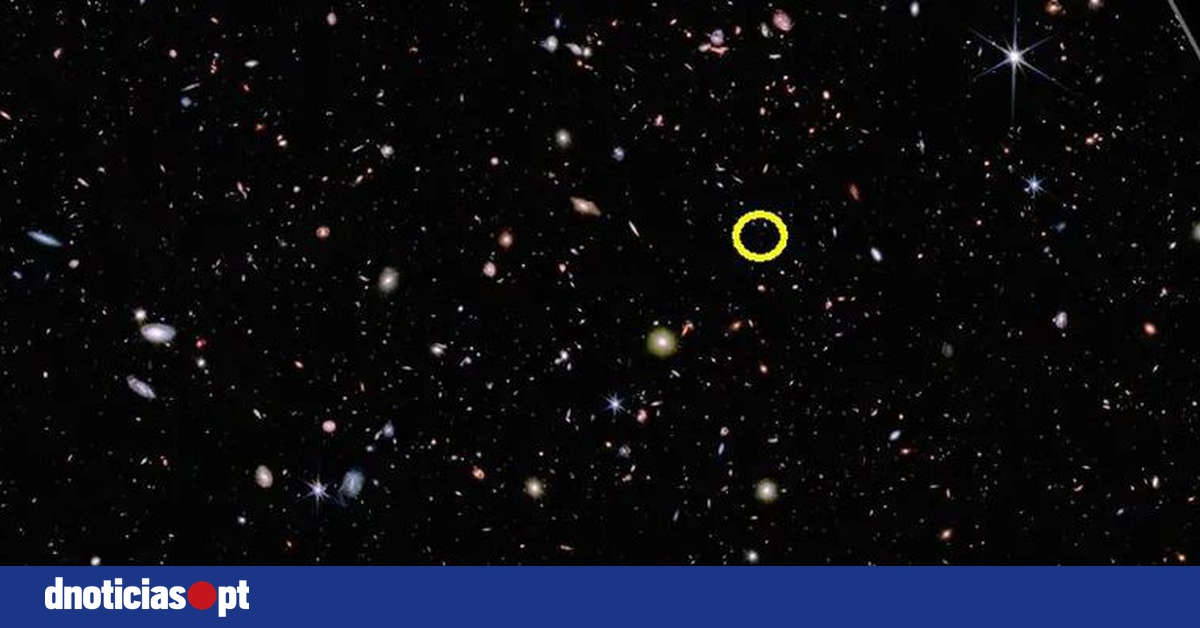The James Webb Space Telescope, the largest and most powerful, has revealed the most distant galaxy ever observed, which formed in the early days of the universe, when it was 320 million years old, revealed studies published today.
The galaxy in question has been given the technical name JADES-GS-z13-0 and is the most distant of a group of four galaxies that formed when the universe was between 300 and 500 million years old, according to two studies published in the specialized journal Nature. Astronomy.
According to the Big Bang theory, the universe is 13.8 billion years old.
The more distant the galaxies, the more difficult it is to detect them, because their light is dimmer.
The four galaxies observed by the telescope in record infrared light, which is invisible to the human eye, have very little mass, despite being very active in terms of star formation, at a rate roughly comparable to the rate of star formation in across the Milky Way.
Galaxies are very poor in metals, an indicator consistent with the Standard Model of cosmology, that the further back we go back to the origins of the universe, the fewer stars there are over time to form complex molecules.
After successive delays, the James Webb Space Telescope was launched on December 25, 2021. The first images captured were released in July 2022.

“Coffee trailblazer. Social media ninja. Unapologetic web guru. Friendly music fan. Alcohol fanatic.”

